
We will discuss the top cloud computing services today, everyone. Discuss cloud computing’s definition first. Cloud computing refers to the delivery of computing services, such as servers, storage, databases, networking, software, analytics, and intelligence, through the internet. This allows users to use computing resources on demand, without having to buy and maintain the accompanying infrastructure.
Companies use cloud computing for a variety of reasons. To start, cloud computing’s scalability characteristic enables businesses to simply increase or decrease the resources they use in accordance with their needs. For businesses with varying demands for computing resources, this is especially beneficial. Cloud computing also saves money for businesses because it eliminates the need for them to purchase and maintain their own hardware and software infrastructure. To pay for what they use, they instead employ a pay-as-you-go approach. Lastly, the freedom offered by this technology is due to the fact that enterprises may access their data and apps from any location with an internet connection owing to cloud computing. This makes it possible for remote work and collaboration.
The advantages of cloud computing are numerous. Agility is one of the first benefits of cloud computing, since organizations can swiftly deploy and expand their resources to meet shifting demands. As a result, they can develop more swiftly and adapt to market changes more quickly. Second, cloud computing delivers dependability due to the high levels of uptime and data redundancy that are often provided by cloud providers. Third, security is a benefit of cloud computing since most cloud providers offer enterprise-level security and compliance.
Yet, there are certain drawbacks to cloud computing as well. Since it can be challenging to transfer cloud providers once a business has invested in a particular provider’s infrastructure, enterprises may first encounter vendor lock-in. Second, if an organization’s internet connection is sluggish or unstable, performance problems may arise. Third, since their data is kept on servers run by a third party, organizations could worry about data security and privacy.
There are many ways that cloud computing may simplify the development process. Secondly, it provides a flexible and scalable environment that makes it simple for developers to quickly spin up and test new applications and services. Second, it enables remote code and resource collaboration for developers, which can increase productivity and efficiency. Finally, cloud computing allows access to a variety of pre-built tools and services, which can expedite and lower the cost of development. That’s a brief overview of cloud computing’s features. Let’s continue discussing the best cloud service platforms in our blog.
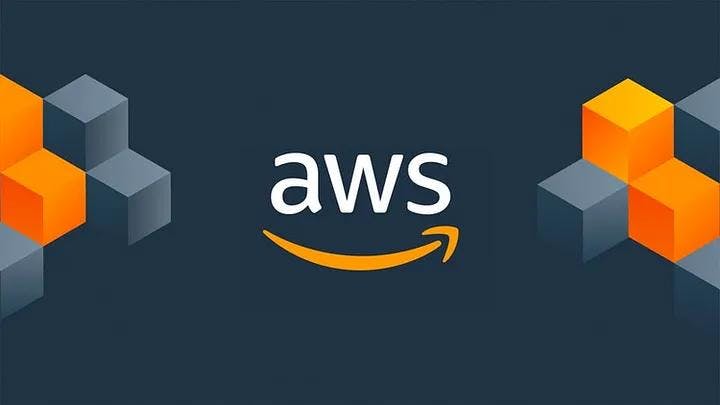
Including computation, storage, databases, analytics, machine learning, and other services, AWS is a comprehensive cloud computing platform. AWS has many scalability, security, and dependability features and offers customizable pricing plans to meet various company requirements. Amazon EC2, Amazon S3, Amazon RDS, Amazon Redshift, Amazon Lambda, Amazon SageMaker, and other well-known services are only a few of what AWS has to offer. Check Out: https://aws.amazon.com/
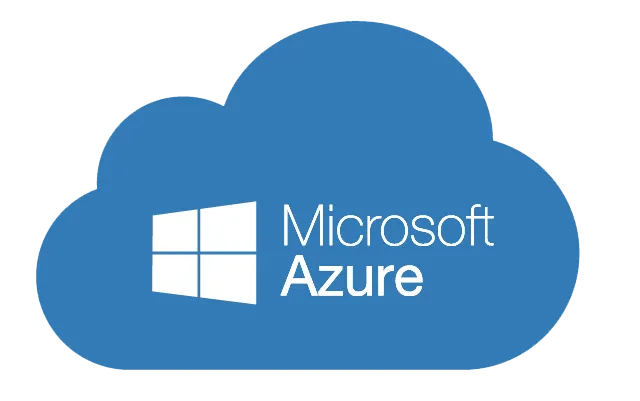
A variety of services, including computation, storage, databases, analytics, machine learning, and more are available through the Microsoft Azure cloud computing platform. Businesses may use both on-premises and cloud resources with Azure’s support for hybrid cloud scenarios and enterprise-grade security and compliance. Virtual Machines, Azure Blob Storage, Azure SQL Database, Azure Cosmos DB, Azure Kubernetes Service, and other well-liked services are only a few of Azure’s well-known offerings. Check Out: https://azure.microsoft.com/en-us
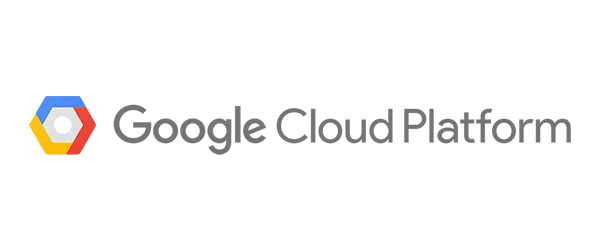
The cloud computing platform known as GCP offers a wide range of services, including computation, storage, databases, analytics, machine learning, and more. To accommodate a range of company needs, GCP provides a highly secure, scalable infrastructure along with flexible pricing options. Only a few examples are Compute Engine, Cloud Storage, Cloud SQL, BigQuery, Cloud Machine Learning Engine, and other well-known GCP services. Check Out: https://cloud.google.com/
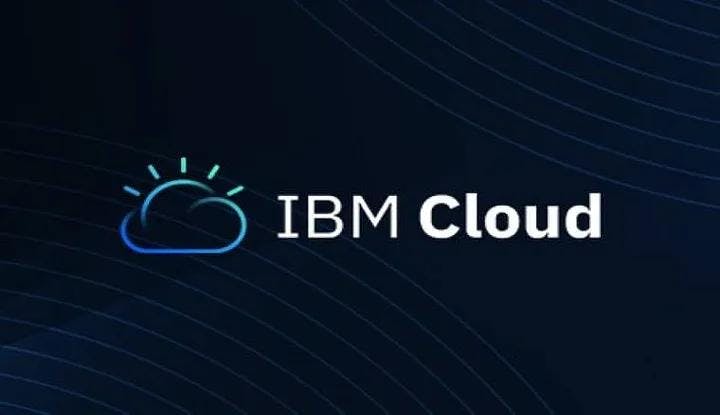
A variety of services, including computation, storage, databases, analytics, machine learning, and more are available through the IBM Cloud, a platform for cloud computing. Businesses may use both on-premises and cloud resources with IBM Cloud’s support for hybrid cloud scenarios and enterprise-grade security and compliance. IBM Cloud provides many well-liked services, some of which include IBM Cloud Virtual Servers, IBM Cloud Object Storage, IBM Cloud Databases, IBM Watson Studio, and others. Check Out: https://www.ibm.com/cloud
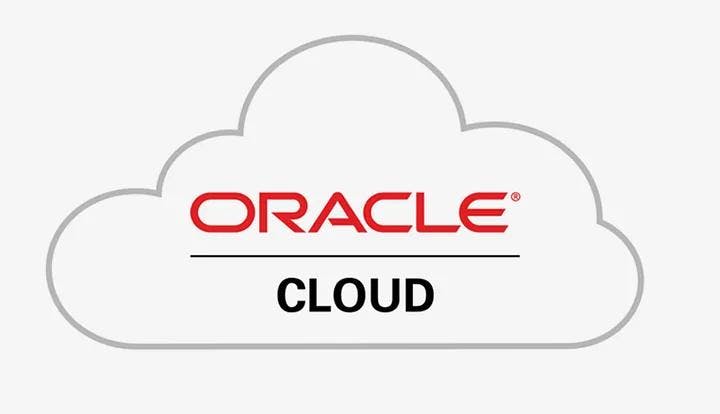
A variety of services, including compute, storage, databases, analytics, machine learning, and more are available through the cloud computing platform OCI. OCI offers a highly secure infrastructure that is scalable, as well as customizable pricing choices to accommodate various company requirements. Compute, Block Volumes, Object Storage, Autonomous Database, Oracle Analytics Cloud, and other well-liked services are some of what OCI provides. Check Out: https://www.oracle.com/cloud/
Any cloud computing platform’s success ultimately rests on its user base. It’s up to you to harness the power of the cloud and produce something incredible, whether you’re a developer, a business owner, or an IT specialist. Therefore don’t be hesitant to try new things, experiment, and push the boundaries of what is conceivable. Everything is possible in the cloud if you have the proper attitude and the right equipment.
Stay Tuned for more…
Scalability, cost savings, flexibility, agility, reliability, and security are just a few of the advantages that cloud computing has to offer enterprises. Although if cloud computing has some drawbacks, its advantages make it a desirable choice for companies of all sizes. Cloud computing may also significantly speed up the development process by giving developers access to a flexible, scalable, and collaborative workspace.
References: